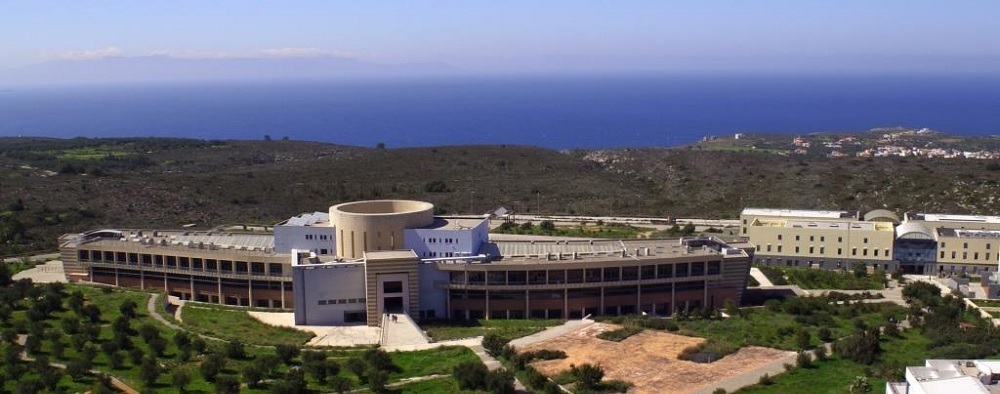Κατάλογος Εκδηλώσεων
15
Δεκ

 15/12/2023 17:00 - 18:00
15/12/2023 17:00 - 18:00 Σύνδεσμος τηλεδιάσκεψης: https://tuc-gr.zoom.us/j/94716557077?pwd=ZnRPV0xDU1I0VjNHVVlaU3d0eUhPZz09
Σύνδεσμος τηλεδιάσκεψης: https://tuc-gr.zoom.us/j/94716557077?pwd=ZnRPV0xDU1I0VjNHVVlaU3d0eUhPZz09 Abstract
Advancements in life sciences demand sophisticated modelling and simulation techniques to unravel complex biological systems, from cells to epidemics. As high-performance computing resources have become increasingly available, new modes of computational processing and experimentation have become possible.
This presentation will introduce a groundbreaking approach—Extreme-Scale Model Exploration with Swift/T (EMEWS)— and HPC framework that enables the direct integration of multi-language model exploration (ME) algorithms while scaling dynamic computational experiments to very large numbers (millions) of models on HPC infrastructure. EMEWS has been designed for any "black box" application code, such as agent-based and microsimulation models or training of machine learning models, that require multiple runs as part of heuristic model explorations.
This presentation will delve into the core principles of EMEWS and its application in handling the challenges posed by the intricate and dynamic nature of biological systems. We are gonna review the fundamentals of EMEWS using use cases from the Life Science domain including optimization tumour treatments; and exploration of epidemiological models with population mobility.
About the Speaker
Miguel Ponce-de-Leon (https://orcid.org/0000-0002-7496-844X) is an established researcher currently working at the Life Science Department in the Barcelona Supercomputing Center. He got a bachelor's degree in Biophysics and a Master's in Bioinformatics from the University of Uruguay. He did his PhD Thesis in Systems Biology at Universidad Complutense de Madrid under the supervision of Professor Francisco Montero.
In 2017, he moved to Barcelona where he started working as a postdoc at the Computational Biology Group in the Barcelona Supercomputing Center under the supervision of Professor Alfonso Valencia. His main line of research is in Computational Systems Biology and its applications to precision medicine. He is currently developing novel approaches to simulate multi-scale models of tumour growth and since 2020 he has started a new research avenue on population mobility, epidemics and health in the cities. He has participated in several national and international research projects and has oriented many final master projects.



